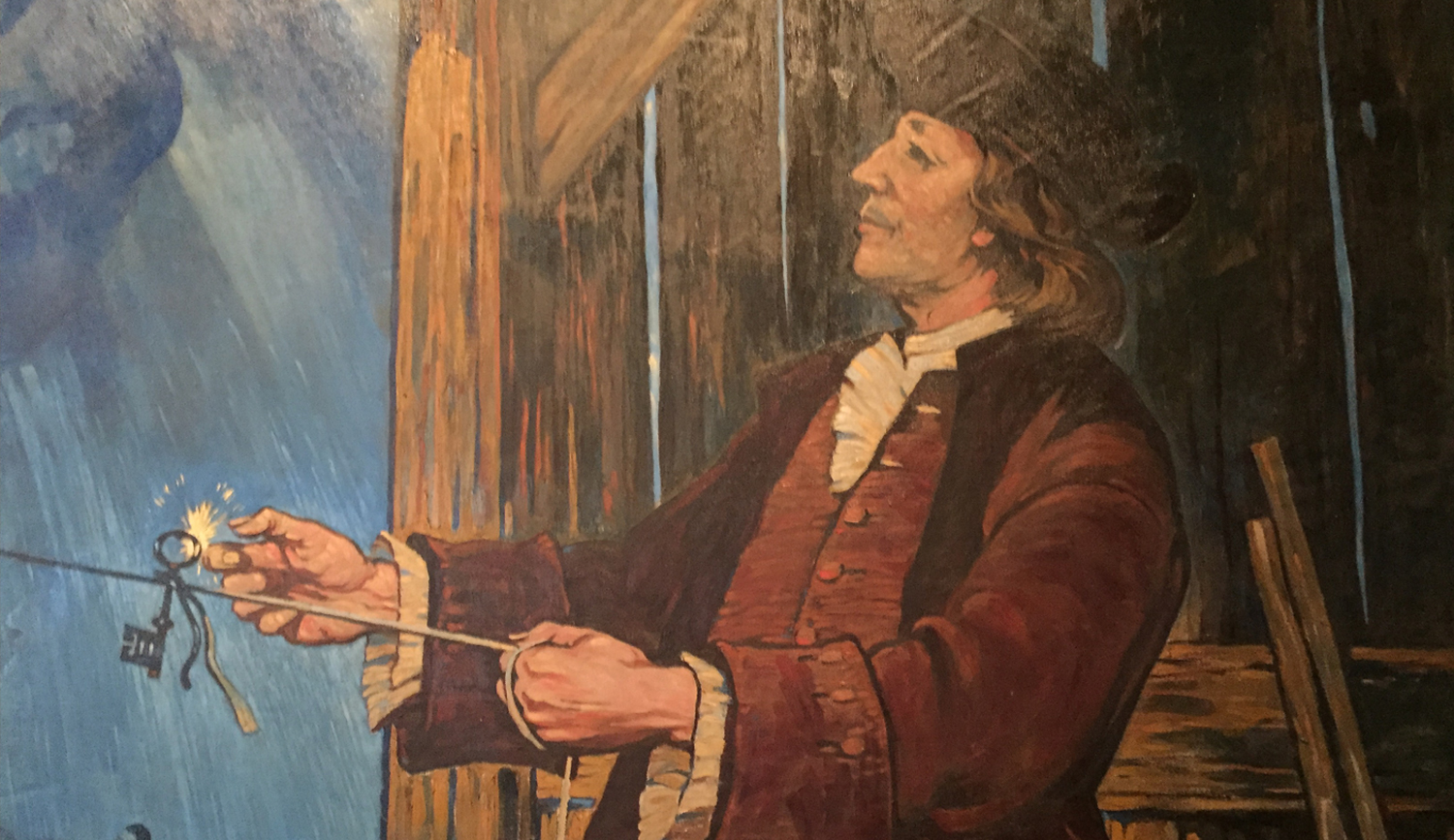Dr. Martin Luther King Jr. lived his life in accordance with his words, and his conscience when he said: “There comes a time when one must take a position that is neither safe, nor politic, nor popular, but he must take it because conscience tells him it is right.”
He was neither politic nor always popular; he most certainly was never safe. His relentless quest for justice ended in Memphis where he supported trash haulers striking for a living wage, when an assassin gunned him down in 1968.
Dr. King’s rise began in 1955 when he led African Americans in a bus boycott to oppose segregation in public transportation in hostile Montgomery, Alabama. He walked the talk, including the danger-filled freedom march from Selma to Montgomery, Alabama, or when law enforcement stepped him into a Birmingham jail after his arrest for marches and sit-ins protesting segregation in that city.
In 1963, Dr. King’s rhythmic, hypnotic voice resounded at the base of the Lincoln Memorial where he delivered his Dream speech, underscoring both our history, and America’s proclaimed credo:
“Five score years ago, a great American, in whose symbolic shadow we stand today, signed the Emancipation Proclamation……One hundred years later, the life of the colored American is still sadly crippled by the manacle of segregation and the chains of discrimination.…..I still have a dream. It is a dream deeply rooted in the American dream…..I have a dream that one day this nation will rise up and live out the true meaning of its creed. We hold these truths to be self-evident, that all men are created equal.”
His non-refutable words and indefatigable will, and that of his followers, pushed a reluctant Congress to enact the Civil Rights Act of 1964, ending legalized segregation in this country. And King did so all the while advocating non-violent resistance to effectuate change. Like Lincoln, he appealed to the better angels of our nature.
We tend to forget that Reverend Dr. Martin Luther King was an ordained Christian minister, who left his peaceful pulpit to face violent mobs. Yet, through out all the curses, the fire hoses, the attack dogs, the jailings, the threats on his life, he retained the essence of his teachings: “That’s love, you see. It is redemptive, and this is why Jesus says love. There’s something about love that builds up and is creative. There is something about hate that tears down and is destructive. So love your enemies.”
People of our polarized, partisan nation need to embrace those words.
In retrospect, it seems divine intervention that he lived as long as he did given the many who viscerally loathed him not just for the color of his skin, but especially for the content of his relentless and irrefutable advocacy for equal rights and justice denied to African Americans in housing, jobs and education.
Despite his embrace of love, Reverend King sensed a retreat of providence’s protective hand when he spoke prophetically the day before he was shot dead on a motel balcony. His last speech reveals that he was no ordinary man; his being possessed a mystical quality confirmed by his premonition:
“We’ve got some difficult days ahead. But it really doesn’t matter with me now, because I’ve been to the mountaintop… I’ve looked over and I’ve seen the promised land. I may not get there with you. But I want you to know tonight that we as a people will get to the Promised Land.”
Our multi-racial society stumbles along that Holy Grail in search for the Promised Land; Reverend King moved us closer in our groping for it.
We commemorate his life and his message with a Holiday set on the third Monday in January to coincide with his birth date, January 15, 1929. We only wish that his parents had waited three months to conceive their noble son so that his birth occurred on a more propitious date.
Can there be any worse time for a holiday, in the midst of the coldest month of the year, two weeks after the draining run of Thanksgiving to Christmas to New Years? Frigid temperatures and post holiday blues prove an inopportune time to be either festive or reflective. Recognition of Dr. King’s life and words deserves better a date.
Why hamstring ourselves with the happenstance birth date anniversary when an MLK Holiday in August to mark his I Have a Dream speech works better. Or honor his life and words by celebrating MLK Day of Peace & Brotherhood in Spring, a time of hope, love and renewal—the essence of his life message. The Monday after Easter would serve as a delightful day that even bigots would celebrate, and in doing so we might better absorb Dr. Martin Luther King’s life teachings.

2 replies on “A Better Day for MLK”
I have a dream that the hackers won’t leave anymore comments on this site.
Enjoyed it Paul, made me reflect on the man and his dream and his willingness to make the ultimate sacrifice fighting for it. Totally on board with celebrating his life in a more temperate time of year. Like both your suggestions for possible dates.